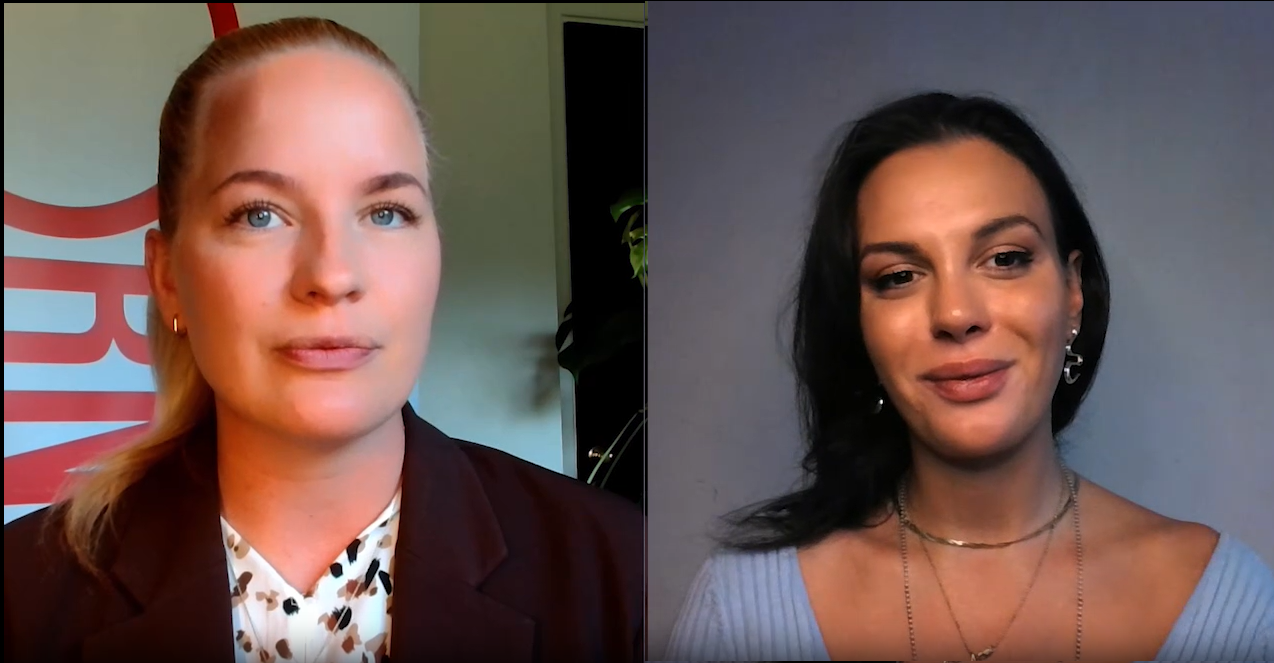Holly Black: Welcome to the Morningstar series, "Ask the Expert." I'm Holly Black. With me in the studio is Steve Webb. He is Director of Policy at Royal London.
Hello.
Steve Webb: Hi, Holly.
Black: So, we're talking pensions today and you are telling us about the difference between defined benefit and a defined contribution pension scheme.
Webb: So, defined benefit sometimes called final salary is often you hear it called is the older style of pension. So, you used to work for a big company, and they pay you a pension that was like a hard promise. You've earned this amount of money; you've served this number of years; you'll get this percentage of your final salary when you retire. Fantastic. Great. So, that is the kind of thing that you want. That's tended to go these days. Companies have shut them, because they've become a lot more expensive than they expected and these days you're more likely to have a pot of money pension called a defined contribution, because the only thing that's defined is what's going in. That's what we know. What we don't know is how well it will do when it's invested. We don't know what sort of pension it will buy you when you retire. It's flexible. It has its advantages but it's not the same as the old style.
Black: And some new rules that came in a few years ago mean that if you do have one of those older style pensions, you don't have to stick with it. You can move it into sort of a SIP and choose how you invest it yourself. Why might someone do that?
Webb: What can happen is, if you've got an old-style final salary pension of, let's say, £10,000 a year. Instead of taking that £10,000 a year when you retire until you die, the pension scheme might say, we will give you instead £300,000. That might be an example. And you can take that money and put it into a pot of money pension at different sort of arrangement. And the big plus of that is flexibility. So, for example, from the age of 55 you can start drawing on that. Now, there's tax to be paid and of course, it might not last you until you are 85 or 90. But it is much more flexible. People like that because if they were to die, perhaps if they don't have a spouse, but they have children or something like that, then the pot is left for the children. Whereas a company pension, not much might go to the children. So, it generally allows people more choice, more flexibility, maybe retire a bit earlier and spend some of the pot, keep them go until their state pension starts. That's why a lot of people see this very large amount of money, see the flexibility and find it quite attractive.
Black: But the regulator has said – they are actually concerned that too many people were doing that, and it might not be the right decision. Because there are a lot of reasons to stick with that older style pension scheme, aren't there?
Webb: There are. And the regulators say that when you take financial advice, the advisor has to start from the assumption you should stay put, from the assumption that you shouldn't move unless there's a good reason to move. And some of the attractions of staying put are first of all this income is pretty much guaranteed. It lasts as long as you do. It goes up in line with inflation in most cases. And if you're retired for 20 or 30 years, that really matters. And you don't have to worry about the stock market going up or down. That's the pension scheme's problem; not yours. So, that element of certainty, predictability, guaranteed income, because you don't know how long you're going to live, you don't know how the markets are going to do. All that risk is taken care of for you and that's a very attractive and valuable thing.
Black: This is probably one of the most important decisions people will make in their life if they do have this choice. So, what is the right thing to do?
Webb: Well, even if your pension is worth only about £30,000 and that's a pot of £30,000 not an annual pension. So, most of these old final salaries you are going to draw be above that level. By law, you have to take financial advice. But a couple of things. First of all, listen to it, because it's tempting to think, I see this amount of money might be bigger than value of my house. I want my hands on it. I don't care what you, the advisor, say. I just want my cash. That's you know – if you're in a hurry, take a big deep breath. And the other thing also is to ask some pretty searching questions about where the money is going to go to. Because many advisors are impartial. They've got your best interest at heart. But some of them have got incentives that actually they want to manage your money. They want another slice every year. And you just need to ask a lot of questions about the charges you'll face if you do a transfer. So, be sure there's a good reason to transfer and start from the assumption that you don't. And then listen carefully to the advisor, be quite – you know, ask some tricky questions.
Black: Well, thank you so much for your time.
Webb: Thank you.
Black: And thanks for joining us.



























